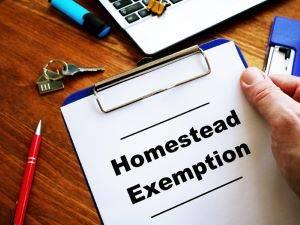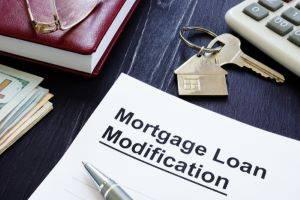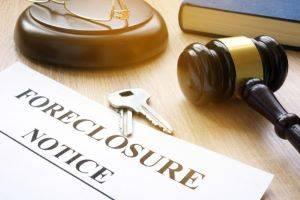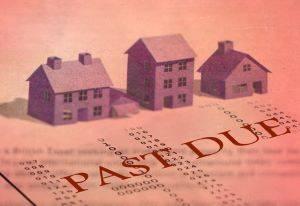 Individuals or families who have debt that they cannot repay may be looking at their options for getting rid of this debt and regaining financial stability. For many, filing for bankruptcy is the best option for addressing overwhelming debt. However, debtors will want to determine the best type of bankruptcy for their situation. In many cases, Chapter 7 bankruptcy is the preferred choice, because it will allow for the elimination of outstanding debts, giving a family the fresh start they need. Chapter 7 bankruptcy may require a debtor to turn over certain assets, which will be liquidated to repay some of their debts to their creditors. Because of this, homeowners may be unsure about whether they will lose their home in a Chapter 7 bankruptcy or whether they will be required to use other options.
Individuals or families who have debt that they cannot repay may be looking at their options for getting rid of this debt and regaining financial stability. For many, filing for bankruptcy is the best option for addressing overwhelming debt. However, debtors will want to determine the best type of bankruptcy for their situation. In many cases, Chapter 7 bankruptcy is the preferred choice, because it will allow for the elimination of outstanding debts, giving a family the fresh start they need. Chapter 7 bankruptcy may require a debtor to turn over certain assets, which will be liquidated to repay some of their debts to their creditors. Because of this, homeowners may be unsure about whether they will lose their home in a Chapter 7 bankruptcy or whether they will be required to use other options.
Understanding Exemptions in a Chapter 7 Bankruptcy
Fortunately, debtors are not required to give up everything they own to file for Chapter 7 bankruptcy. Multiple types of exemptions apply, and the amount of property that is exempt may vary depending on the state where the debtor lives. The homestead exemption applies to a certain amount of equity in a home, so if the equity a person owns falls under this amount, they may be able to keep their home.
The homestead exemption differs from state to state. In some states, it is as low as $5,000, while in others, it may be as high as $100,000 or more. To use a state’s homestead exemption, a person must have resided in the state for at least 40 months. Otherwise, the federal homestead exemption will apply. As of 2021, the federal homestead exemption is $25,150.
...






 Homeowners may experience a variety of financial difficulties that cause them to be unable to meet their financial obligations, and if they default on their mortgage, they may face the
Homeowners may experience a variety of financial difficulties that cause them to be unable to meet their financial obligations, and if they default on their mortgage, they may face the  Many Americans struggle with debts and other financial problems, and if they have been unable to make some mortgage payments, they may fear that they will lose their homes to
Many Americans struggle with debts and other financial problems, and if they have been unable to make some mortgage payments, they may fear that they will lose their homes to  While many Americans struggle with debt even in the best of times, the COVID-19 pandemic has created a crisis that has affected millions of people and families. Job losses and other financial issues have made it difficult or impossible for many people to pay their ongoing expenses, putting them at risk of
While many Americans struggle with debt even in the best of times, the COVID-19 pandemic has created a crisis that has affected millions of people and families. Job losses and other financial issues have made it difficult or impossible for many people to pay their ongoing expenses, putting them at risk of 








